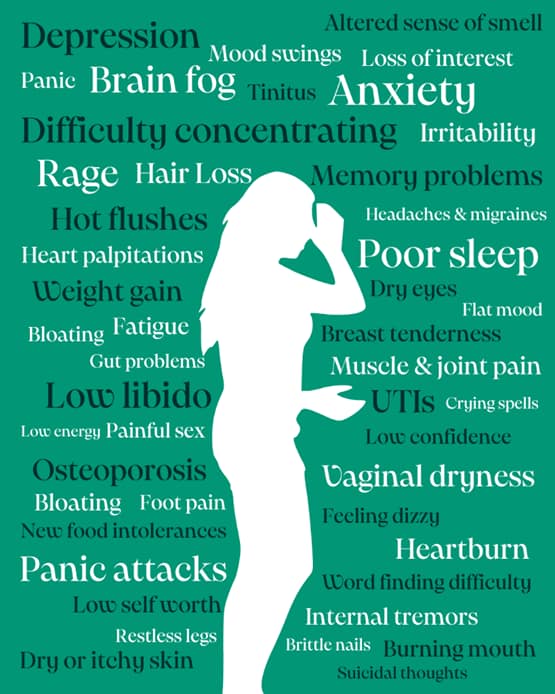
With dementia, when is it time to stop driving?
In the Netherlands alone, the number of patients with dementia is expected to have risen to over half a million by 2040. Already today, diagnoses of dementia are common, including for people who still drive a car. Most of these patients will have a wish to continue driving, because driving is associated with social connectedness and healthy ageing. Retaining mobility is as important for people with dementia as it is for any other member of society.
Yet transport should be safe, both for the patients and for others. Some patients with dementia still drive safely, especially in the early stages of the disease. Unfortunately, dementia inevitably becomes worse over time. At some point, patients with dementia should stop driving. However, it is difficult for them – and for their family members – to judge when it is the right time to stop.
“Patients and their family members are not always aware of the impact of dementia on driving.”
Remarkably, patients with dementia are themselves responsible for reporting their diagnosis to the Dutch driving licence authority (CBR). After doing so, they are invited for an on-road driving assessment. A CBR expert observes the patients’ driving behaviour and determines whether they can keep their driving licences.
Patients with dementia who are afraid of losing their driving licence may be reluctant to report their diagnosis to the CBR. Instead they often ask their physician for advice. For patients with moderate to severe dementia, the unwelcome but clear advice of the physician must be ‘stop driving’, because these patients are generally considered unfit to drive. However, most patients receive a diagnosis when their dementia symptoms are still mild. In mild dementia, there is more variation in driving fitness, therefore the physician probably does not know whether driving is still safe in these cases.
“To date there is no guideline for physicians on how to advise patients with mild dementia about their driving.”
Recently, we developed a procedure for assessing the driving safety of patients with mild dementia in a clinical setting (Piersma et al., 2016). First, a family member is interviewed about the symptoms and driving safety of the patient. Then, the patient is interviewed, which enhances insight into the severity of their dementia. Asking patients about their driving safety may also be helpful, but we have to keep in mind that drivers in general (i.e. those with and without dementia) tend to overestimate their driving safety. Fortunately, there are several neuropsychological tests for assessing the cognitive abilities that are important for driving, for example, reaction time tasks and tests to assess knowledge of traffic rules as well as recognition of dangerous traffic situations. Moreover, patients can safely demonstrate driving skills, such as a merging manoeuvre, in a driving simulator. In our study, we combined information gained from the clinical interviews, the neuropsychological tests, and the driving simulator rides, and predicted in 93% of the cases correctly whether a patient would pass or fail the on-road driving assessment of the CBR.
“If the reliability of this prediction is confirmed in future research, this is valuable information for physicians who are asked to advise patients with dementia about driving.”
If the chance of a pass on the CBR driving assessment is small, then the physician can advise the patient to stop driving. This is important for public safety and for the safety of the patients. However, giving up driving may have negative consequences for patients as well, such as depressive symptoms. The physician should discuss possible consequences and discuss alternative means of transportation that are relevant to the patient’s personal situation.
For a number of patients with mild dementia, the chance of a pass on the CBR driving assessment will be large. These patients should be advised to report their diagnosis to the CBR. With a positive result on the tests the odds are that these patients will pass the on-road driving assessment and that they can continue to drive. This way, people with dementia can sustain their independent mobility, which is an important aspect of healthy ageing.
Relevant article:
Piersma, D., Fuermaier, A.B.M., de Waard, D., Davidse, R.J., de Groot, J., Doumen, M.J.A., et al. (2016). Prediction of Fitness to Drive in Patients with Alzheimer’s Dementia. PLoS ONE, 11(2): e0149566. doi:10.1371/journal.pone.0149566
NOTE: Image by Horia Varlan, licenced under CC BY 2.0



